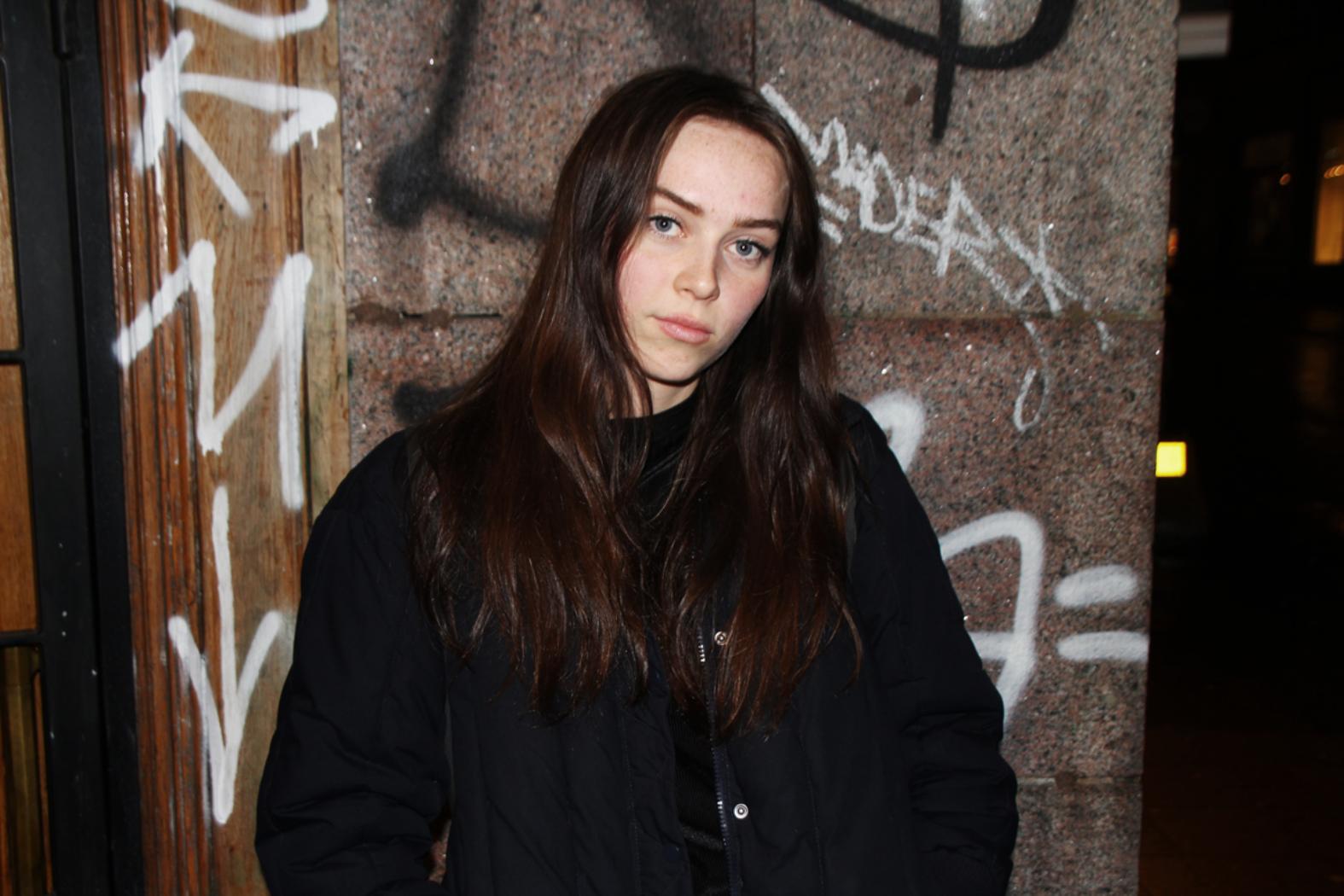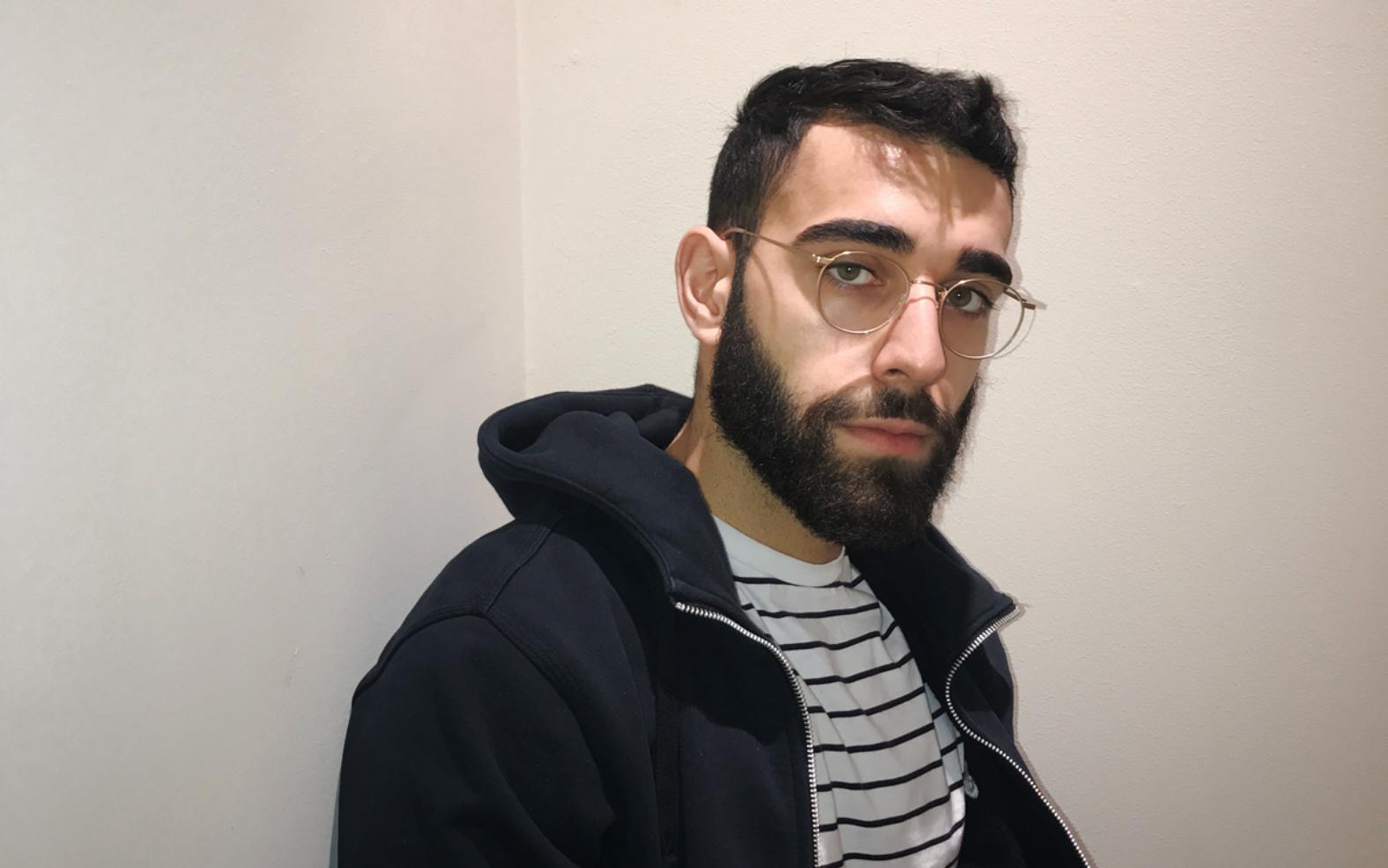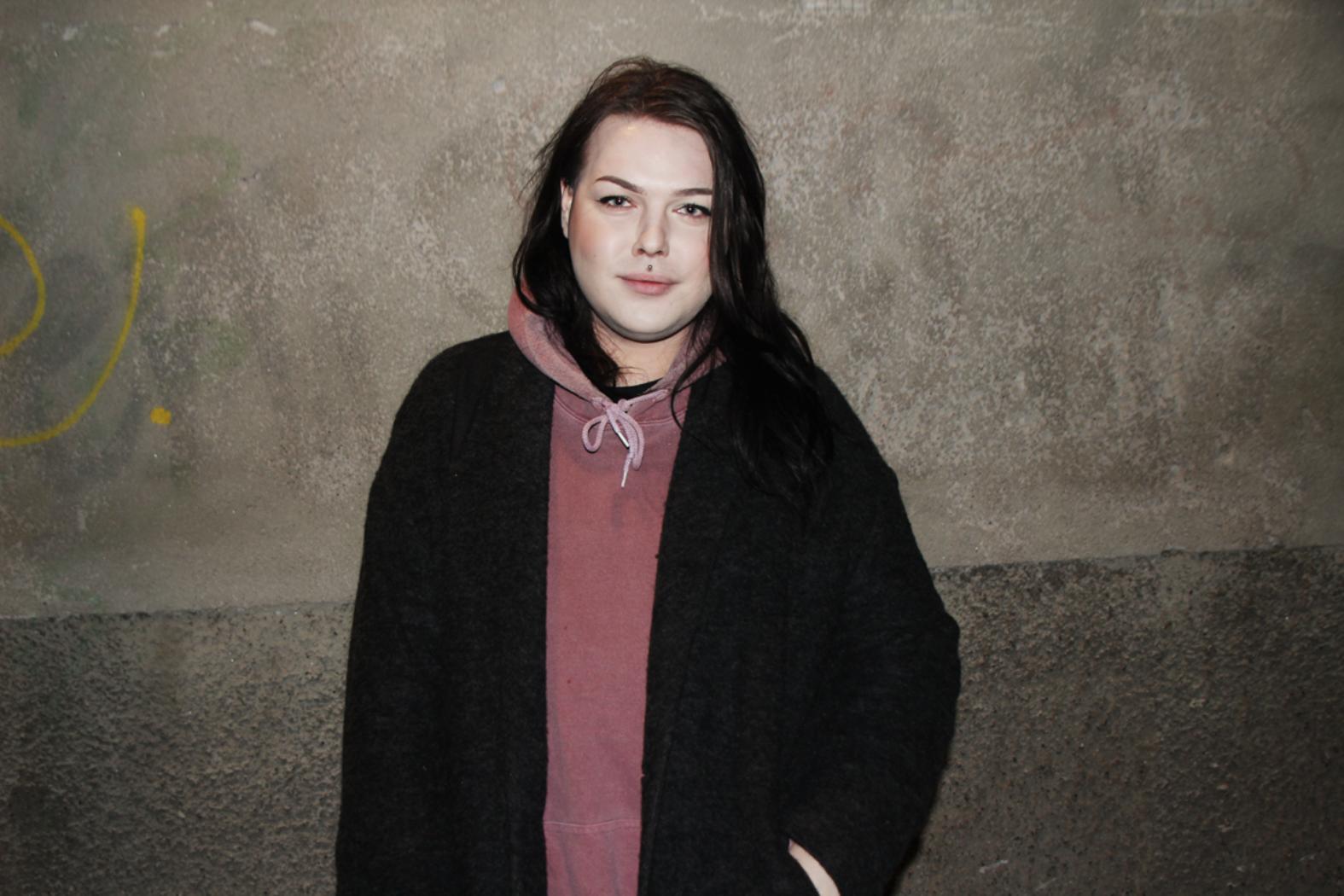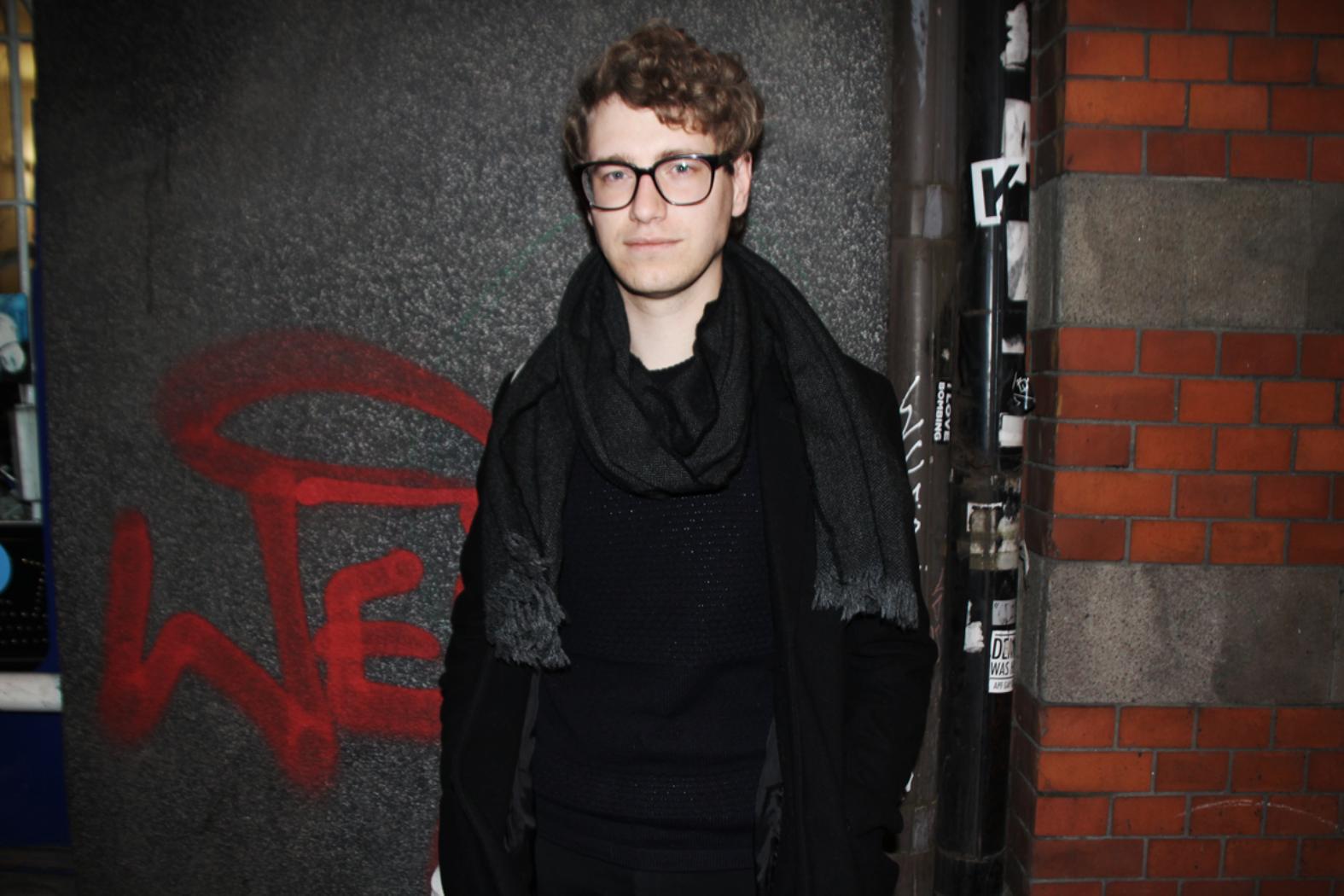"Coming Out" Would There Be An End to This Necessity?
This article originally appeared on VICE Sweden.
Coming out is different for everyone. For some of us, it's a painful but necessary event that only needs to happen once, like ripping off a band-aid or getting a diphtheria vaccination. For some, it can feel like a process they have to repeat every time they meet a new person, to avoid awkwardness and nasty looks or comments. For others, coming out just isn't an option at all.
However different the experience may be, it's still usually a major and carefully considered moment in someone's life. But will that ever change? Could there ever be a time in which we won't have to come out to our family and friends when being straight is no longer the norm, and, as LGBTQ people, we won't be expected to explain who we are and who we love?
Sweden is considered a progressive country in many respects, but coming out is still a big deal for us here—just as it is anywhere. I spoke to five LGBTQ people from around the country about what coming out was like for them, and whether they think it's something the community will always have to do.
William, 26, Artist

"Pretty much out of the blue, but during a pretty tense family dinner, my parents started saying that they'd heard I was gay and they wanted to know if it was true. I was like, 'Yeah, I guess it is.' I’m still not sure who told them. My dad said he had a bunch of gay friends and wanted me to know that it was totally fine with him, while my mom thought it was a shame that I hadn't mentioned it sooner.
"I was a bit scared of coming out to my friends. My parents had made it clear that they loved me no matter what, but I wasn't sure how my friends would take the news. There were some ignorant reactions—one of my close guy friends told me he was completely fine with it as long as I didn’t fall in love with him; while some guests at a party I hosted were shocked to find that I didn’t have any campy decorations around the house.
"A friend recently told me that he feels uncomfortable at work because he hasn’t come out yet to his colleagues. I get where he's coming from, but I’ve never personally felt that way. I don’t really see why anyone should need to come out, but unfortunately, that's still the way it is. I think we're a long way away from society seeing homosexuality as part of the norm and not forcing people to come out in a formal way. But I do feel like the world is becoming more open and accepting of people's sexual identities—I'm sure there can be a future where everyone is treated equally."
Madeleine, 23, Student

"Understanding my own sexuality has been a long process. About three years ago, I told my closest friends that I was attracted to girls as well, but I added that I was still confused about where exactly I fit on the spectrum. For me, that didn’t really count as coming out because I couldn’t say for sure how I felt.
"After that, I started actively flirting with girls and adding them on Tinder, but I found it pretty difficult, initially. Maybe because I’d only dated guys, hooking up with girls just felt so much harder. I was always really nervous—being with a girl seemed more serious and real.
I never really felt the need to come out to my family, until I got into a serious relationship with a girl. It was in early 2017 when completely unplanned, I just dropped the bomb on my dad as he was heading up to bed. It was like an out-of-body experience—before I could stop myself, I told him that I had been questioning my sexuality for a long time, and I was now in love. When I was finished speaking, he said that he would always love me no matter what, and he just wanted me to find someone who makes me happy.
"That’s probably the only time I came out officially to anyone. I tell new people I meet, but in passing—though I’m always prepared to answer a bunch of follow-up questions. I hope that, someday, gay people won’t have to come out. And that we can ask about each other’s partners without assuming everyone is in a heterosexual relationship." Agri, 22, DJ

"As a Muslim and person of color, most people assume that it was harder for me to come out, but it wasn’t that bad. I was 18 when I came out to my mom, outside of a supermarket. We’d just finished shopping when the subject came up. Though I think she had long suspected it, my mom didn’t take it very well at first—she seemed a bit disappointed. But after about a week or two, she had warmed to the idea somewhat and reminded me that I was her son no matter what. Eventually, my dad also started asking me more questions—like if I had a partner, and if so, if he could meet him. That was a really nice moment.
"Coming out is hard regardless of your race and religion. It’s impossible to predict how the people around you will react. I had made assumptions about my family, thinking they would respond to it in the worst possible way—when, in reality, they took it very well.
"My experience taught me that nobody has any obligation to come out—you shouldn’t have to explain your identity to anyone. But it’s probably going to take a couple of decades before society's ideas about what is normal are dismantled to the point where someone wouldn’t even need to come out. Hopefully, the act of coming out will be less dramatic in the near future, as we all become more comfortable with the idea that identity is a fluid concept."
WATCH: Forbidden Love in Israel
Robin, 23, Housing Supervisor

"I came out twice—first as a gay, and then as trans. My family is amazing—I was never put under any pressure to conform to any specific roles. I was allowed to play how I wanted and wear what I wanted, so I didn’t even realize I was a boy until I started kindergarten. Suddenly, I felt like I was being forced into a particular box, with clear restrictions on who and what to play with.
"From there, I tried to repress my identity as much as I could, until I realized that I couldn’t do it anymore. I was 22 when I first came out as trans. I told my friend first, and called my mom later that same day—she took the news really well. To this day, I still feel like it’s a constant process of coming out, and that was annoying at first. But, eventually, it becomes a part of how you navigate your social life and how you handle conversations, to make sure that everyone is comfortable. "It’s hard to say if we’re always going to have to come out. Some days, it feels like we're making great strides in LGBTQ rights, and other times it feels like we're taking steps back. I can only hope that someday in the future, it won’t matter to other people how you choose to identify."
Björn, 26, Production Artist

"I guess I’ve always known I was gay, but I repressed my feelings until I was about 17. At that point, I started telling a select few people—my mom is one of the first. I just blurted it out to her as I was heading out one night. I thought she was going to be really angry and take it personally, but she just asked if I had a boyfriend. So it was a bit anti-climatic but nice at the same time.
"I feel like I have to come out in every new environment I move into—work, school, friendship groups. If I tell people I'm gay preemptively, I don’t have to deal with ignorant comments. I’ve been around colleagues who made homophobic remarks without knowing my sexual orientation—which then forced me to confront them and ask them to shut the hell up.
"I think LGBTQ people are always going to have to come out—we’ll always be in the minority, outside the norm. Hopefully, it’ll be more of a statement in the future: 'This is how it is. Now let’s move on.' But for now, coming out is just part of my everyday life."
Benjamin WirströmVICE
adamfoxie🦊 Celebrating 10 years of keeping an eye on the world for You
adamfoxie.blogspot.com brings you the important LGBT news others ignore. Does not repost from gay sites [except out.sports.com only when importat athlete comes out].Will post popular items with a different angle or to contribute to our readers🦊
Comments